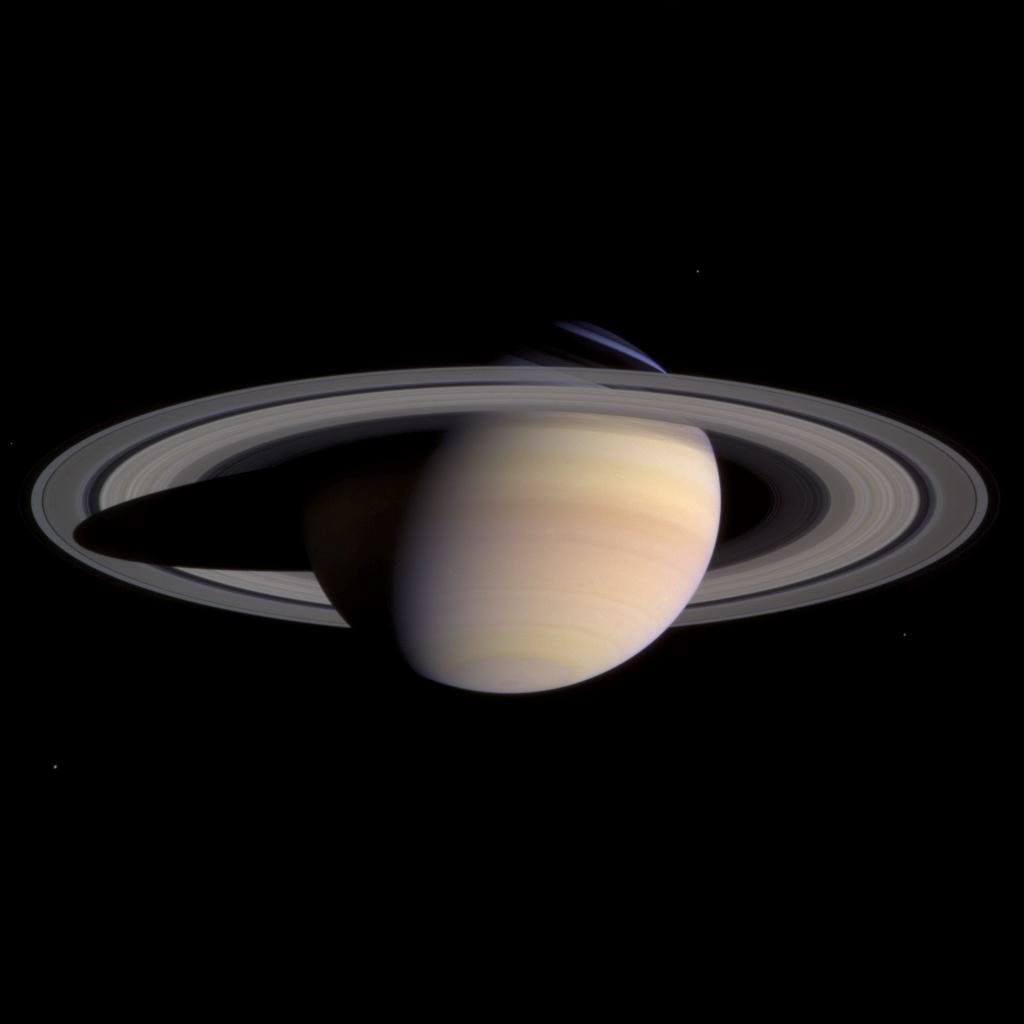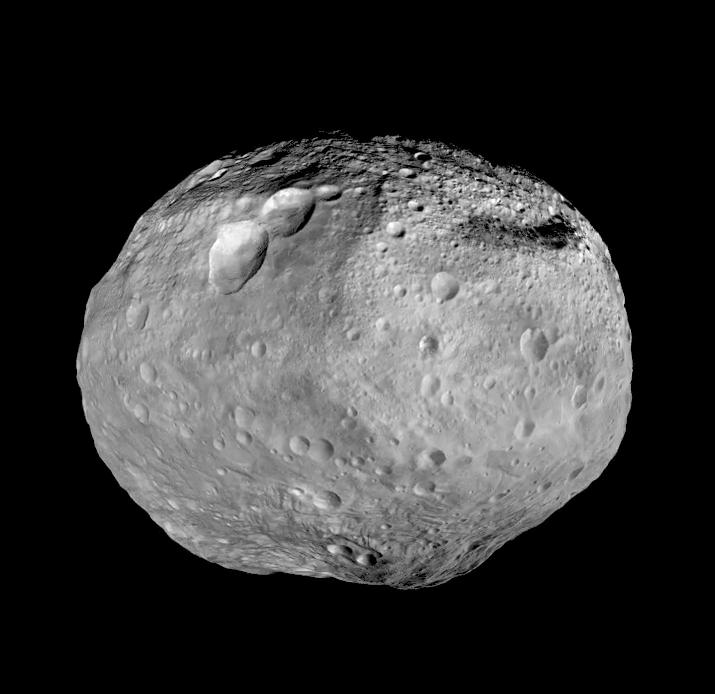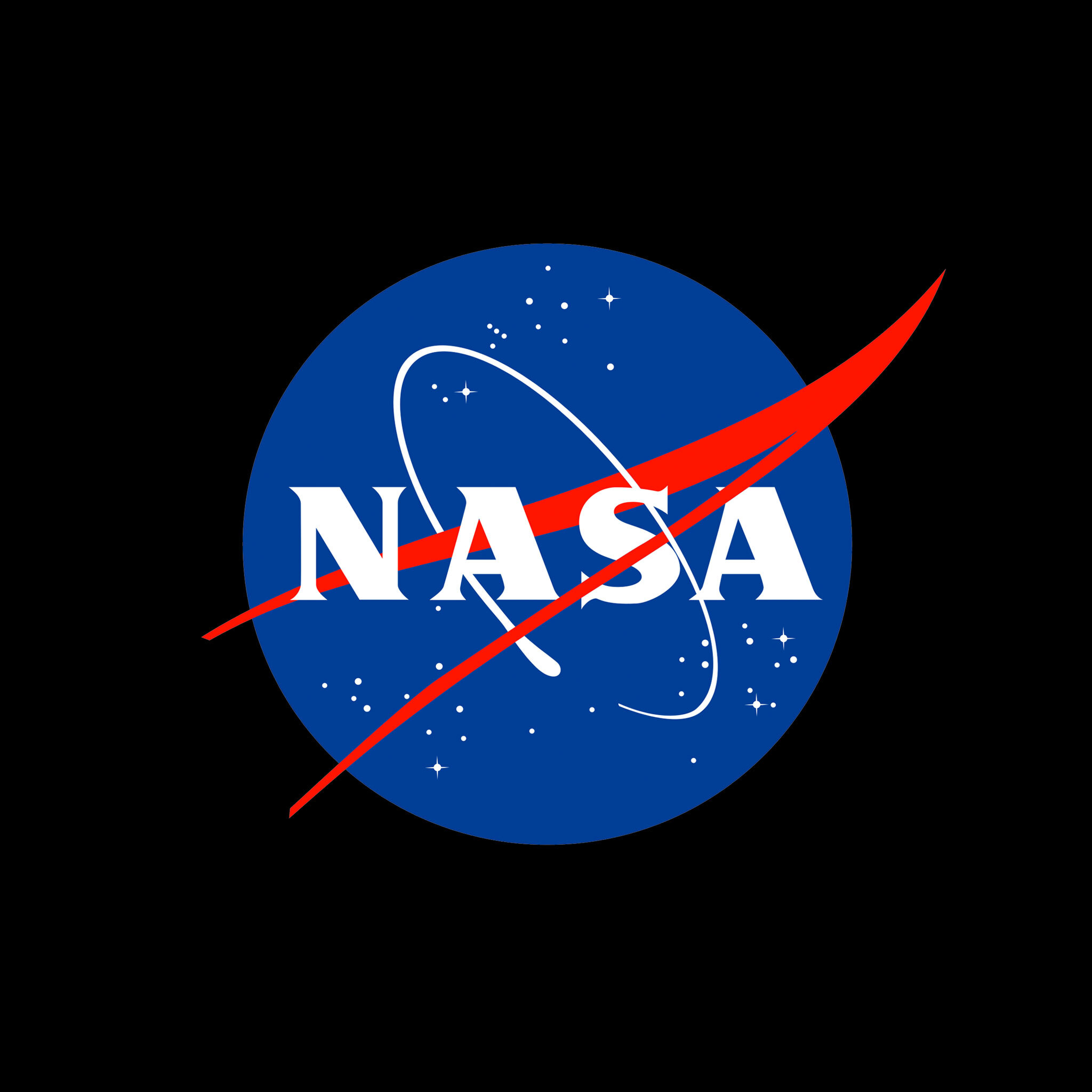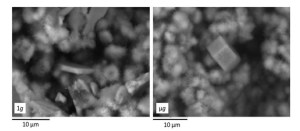2 min read
Amendment 11: Delay of Due Dates for TCAN and ADAP and ADAP not solicited next year.
To give the science community more time to adapt to remote activities because of the COVID-19 emergency, this Amendment delays due dates for two near-term Astrophysics program elements: D.2 Astrophysics Data Analysis Program (ADAP) and for D.14 Theoretical and Computational Astrophysics Networks (TCAN). Moreover, ADAP will not be solicited in 2021.
D.2 Astrophysics Data Analysis Program (ADAP) NOI submissions have been reopened and the new deadline for submission of NOIs is now May 5, 2020. NOIs are strongly encouraged, but not mandatory. Full proposals are now due June 30, 2020. Proposers are reminded that all ADAP 2020 proposals will be evaluated using the dual-anonymous peer review process. Proposals must be prepared according to the Guidelines for Anonymous Proposals document on the ADAP-2020 NSPIRES page.
In addition, the Astrophysics Division has decided that ADAP proposals will not be solicited under ROSES 2021. The next ADAP solicitation is expected to be issued under ROSES 2022, with a proposal deadline in mid-May 2022. This change will reduce the proposal writing burden on the community next year, while also preserving the total funding awarded and providing some certainty of funding a year in advance. Prospective proposers are advised to plan accordingly.
D.14 Theoretical and Computational Astrophysics Networks (TCAN) proposals are now due June 23, 2020.
On or about April 3, 2020, this Amendment to the NASA Research Announcement "Research Opportunities in Space and Earth Sciences (ROSES) 2020" (NNH20ZDA001N) will be posted on the NASA research opportunity homepage at http://solicitation.nasaprs.com/ROSES2020 and will appear on SARA's ROSES blog at: https://science.nasa.gov/researchers/sara/grant-solicitations/roses-2020/
Questions concerning D.2 Astrophysics Data Analysis Program may be directed to Douglas Hudgins at Douglas.M.Hudgins@nasa.gov.
Questions concerning D.14 Theoretical and Computational Astrophysics Networks may be directed to Evan Scannapieco at Evan.Scannapieco@nasa.gov.





























